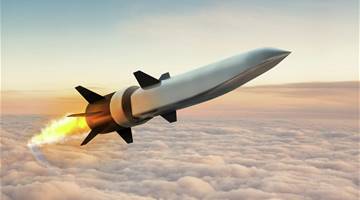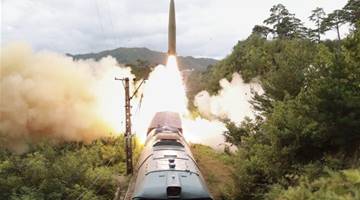The prototype Uragan-K2 (GLONASS-K2) satellites are improved versions of the Uragan-K (GLONASS-K) navigation satellite series.
The first two Uragan-K2 satellites use the new flat format KAUR-4N bus, while the operational Uragan-K2 satellites revert to a bus derived from the Uragan-K1 version.
Besides the GLONASS navigation payload, these satellites carry several hosted payloads:
- a KOSPAS-SARSAT international search-and-rescue transponder
- a military search and rescue transponder
- the SKYaI nuclear detection payload
- a classified military payload, likely the Ruveta SIGINT payload
The first launch was planned for late 2019, but delayed to 2023.




.png)
